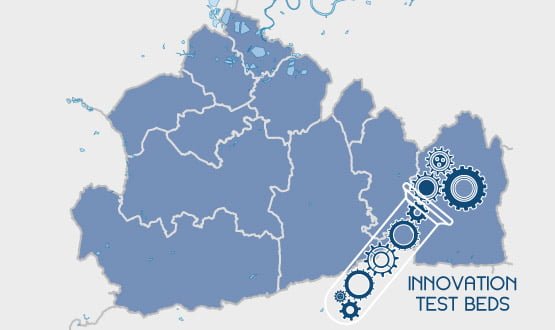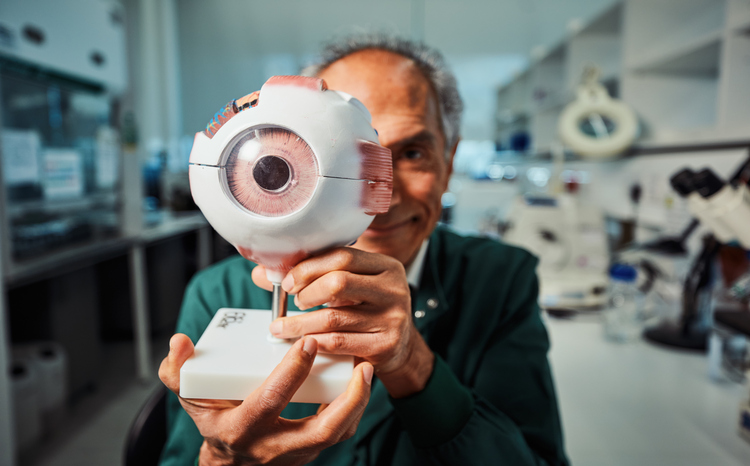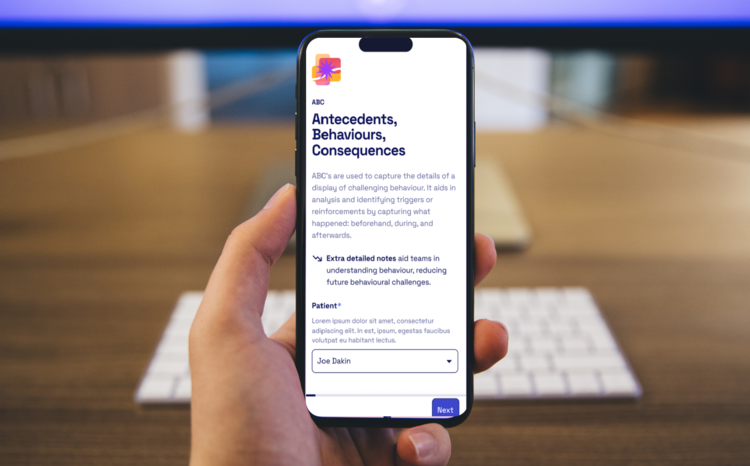Surrey and Borders runs dementia tech RCT

Surrey and Borders NHS Foundation Trust is leading a collaboration to test technologies designed to enable dementia patients to live in their own homes for longer.
The trust is one of seven test bed sites announced by NHS England in January, which bring together health organisations, technology companies, universities and charities to run trials of technologies in combination.
The aim is to find out whether these technologies can reduce the pressure on NHS services, while at the same time improving the quality of patients’ lives.
The Surrey pilot, Technology Integrated Health Management, is one of two test beds funded by the IoTUK, a three-year government programme designed to increase adoption of the Internet of Things technologies.
It will take the form of a randomised controlled trial, consisting of 700 patients with mild-to-moderate dementia, split into a test group and a control group. Recruitment for the trial will begin in November, and patients will have the technology in their homes for six months.
The reason for running an RCT, said Ramin Nilforooshan, lead clinician, was to produce reliable evidence that NHS England could use to inform future decisions.
“If we could show that we could reduce hospital admissions by using these technologies, this would be a big winner,” he points out.
The technologies to be tested include movement sensors, noise detectors, blood pressure monitors and devices to measure pulse and dehydration.
“We want to see whether it is possible to predict falls,” said Nilforooshan. “We think that people who have falls get dehydrated or get some problem with their heart rate or pulse in the 24-to-48 hours before the fall.
“It is possible that, if we get that alarm, we could predict those and see them before they need to go to a hospital.”
A dedicated team will check a data dashboard showing unusual patterns in patient behaviour. If, for example, energy consumption has been irregular, the team can alert the patient’s clinician and a visit can be made to the patient’s house.
Nilforooshan said that it would be important to make the technology as easy-to-use as possible for both patients and their carers: “We don't want to make any sort of a burden on carers, because we know that if we make it complicated, it won't work for people with dementia.”
At the start of the trial, patients and carers would be invited to come and look at the technology to see if they felt comfortable with it, he said.
At the end of the trial, evaluation will be carried out by a team led by Professor Roma Maguire, lead for eHealth at the University of Surrey.
The evaluation will look at whether there has been a reduction in GP visits and admissions to hospital, but also, based on interviews at the beginning and end of the trial, whether there has been a change in carers’ rates of anxiety or depression.
The partners in the project are the University of Surrey, Royal Holloway University of London, Kent, Surrey and Sussex Academic Health Science Network, the Alzheimer’s Society and other charities, local clinical commissioning groups and ten technology companies.
Digital Health will be looking at the work of some of the innovation test beds over the summer. Read about the projects in our series launch feature.





